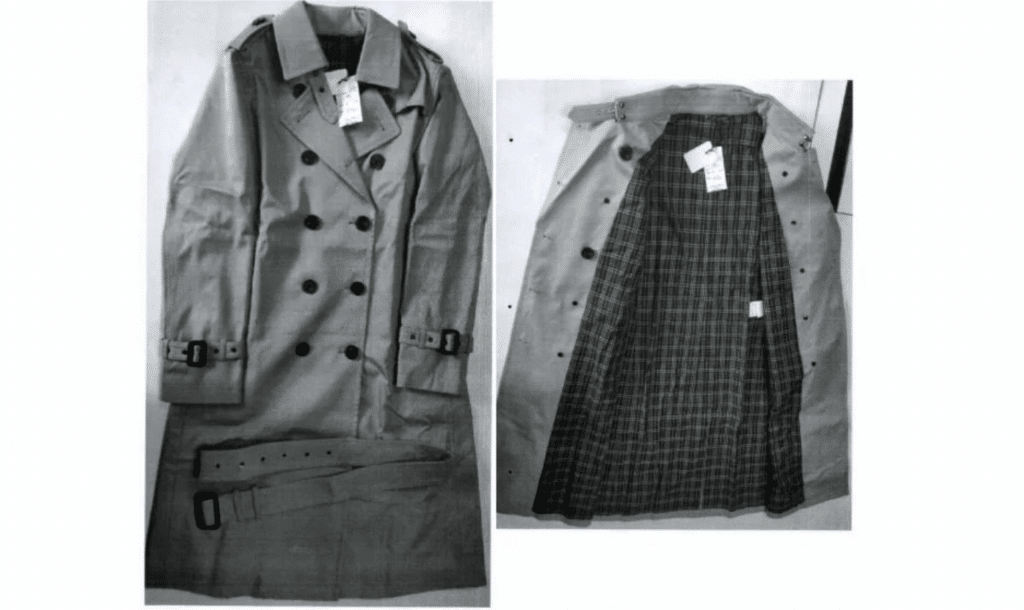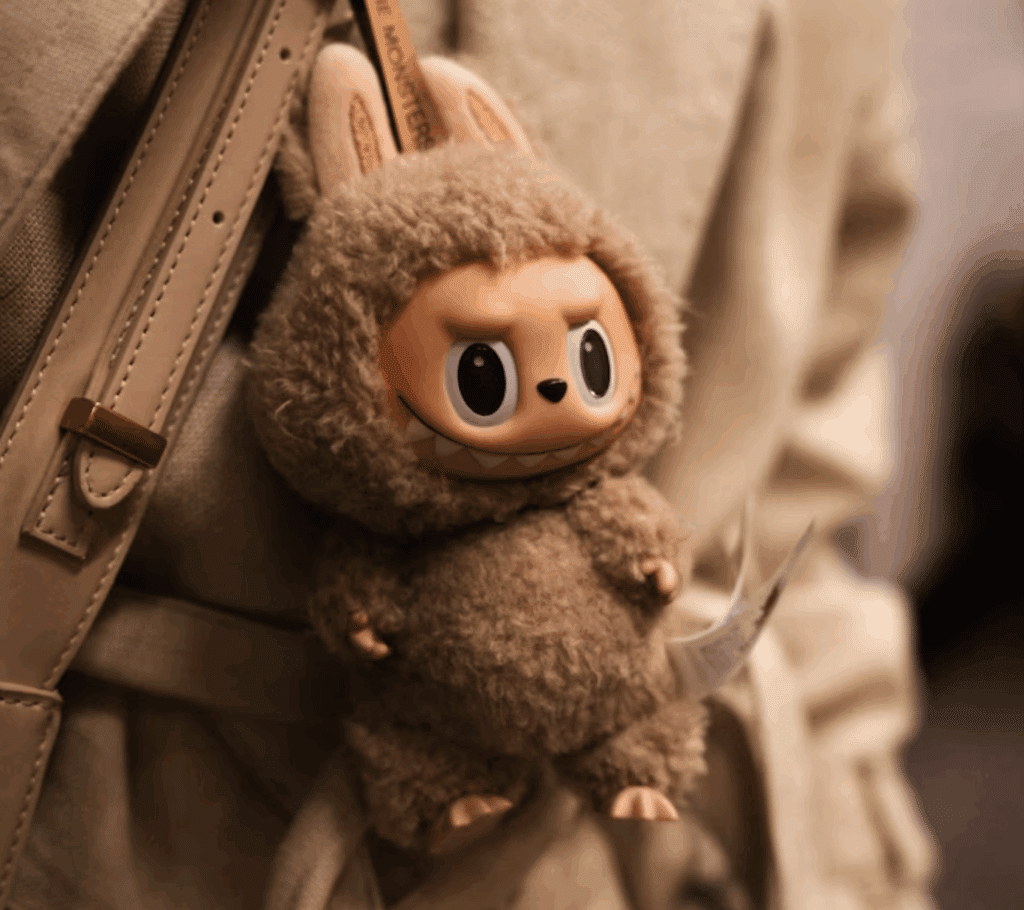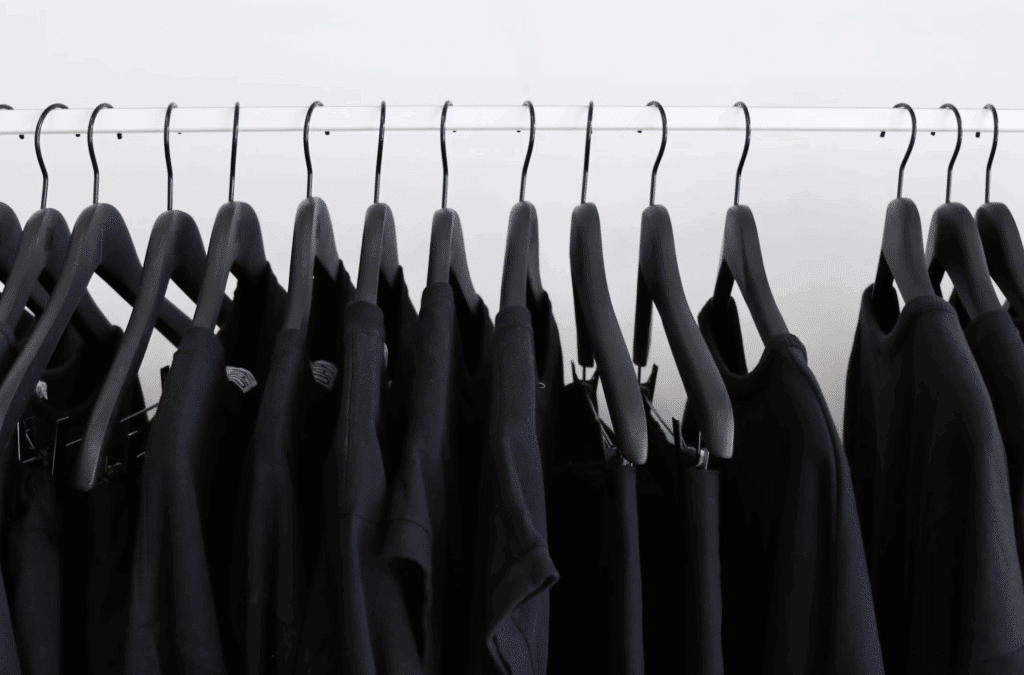A Shanghai court has upheld a criminal judgment in a high-profile case over counterfeit luxury goods. The Shanghai Third Intermediate People’s Court reaffirmed a five-year prison sentence and a 2 million RMB ($280,000) penalty against an individual, who was found guilty of producing and selling clothing bearing counterfeit versions of Burberry’s registered trademarks. Following a ruling from the Jing’an District Court in late 2023, the appellate court rejected Defendant Gong XX’s arguments that at least one of the Burberry trademarks at issue was not in use and that the motifs he was using were sufficiently different from Burberry’s marks, affirming the lower court’s finding that his conduct constituted criminal counterfeiting under Chinese law.
The Background in Brief: The case got its start back in February 2023 when a consumer filed a complaint with Chinese officials after unknowingly purchasing a counterfeit product from the defendant, an individual identified in the proceedings as Gong XX. Chinese prosecutors launched a probe into Gong XX and found that he was offering counterfeits and generating over 4 million RMB in sales via his e-commerce platform, “XXX Overseas Shopping,” and WeChat.
Gong XX was ultimately convicted of counterfeiting by the Jing’an District Procuratorate and sentenced to five years in prison and a 2 million RMB fine. Following an appeal and a second-instance trial, the court upheld the lower court’s order.
Similar Marks & the Role of the Resale Market
On appeal, Gong argued that the logo he used – which featured a “Knight” figure – differed from Burberry’s well-known trademark, making it so that consumers would not be confused about the source/nature of his offerings. On the other hand, prosecutors argued that under Chinese trademark law, an allegedly infringing mark does not need to be identical to the original mark in order to be considered counterfeit or infringing. Since Gong’s version closely mirrored Burberry’s mark, with “negligible differences” that ordinary buyers would not detect, prosecutors successfully argued that consumers were likely to be confused about the source of the counterfeit goods.

Gong also argued that one of the trademarks he was accused of infringing, “BURBERRY BLACK LABEL,” had not been actively used by Burberry in China in recent years and had been discontinued on a global scale. As a result, he maintained that Burberry could not enforce a mark it was not using.
The court dismissed this argument, noting that criminal law in China does not include exceptions based on trademark inactivity. Prosecutors provided documentation from Burberry confirming that “BURBERRY BLACK LABEL” remains a valid, registered trademark in China, approved for use on apparel. Furthermore, the court noted that products bearing the label continue to circulate in secondary markets, thereby, enabling Burberry’s mark to maintain its legal and commercial relevance.
With the foregoing in mind, the court sided with Burberry, affirming the lower court’s finding that Gong’s conduct constituted criminal counterfeiting under Chinese law.
THE BIGGER PICTURE: Burberry’s win reflects the growing emphasis on intellectual property enforcement in China, especially concerning the infringement of high-end brands. Experts argue that the decision – which aligns with broader efforts by Chinese authorities to strengthen legal protections for trademark holders and reassure international brands of China’s commitment to upholding intellectual property rights in both civil and criminal contexts – may serve as a strong deterrent against counterfeit operations in China, particularly those using e-commerce platforms and social media to reach consumers.
Reflecting on the outcome, Schwegman Lundberg & Woessner’s Aaron Wininger told TFL, “China does take criminal enforcement of IP crimes seriously and should not be overlooked by IP rights holders as an enforcement mechanism.”














